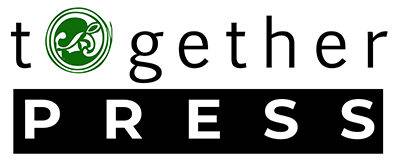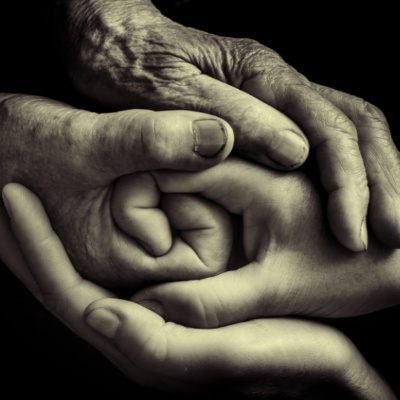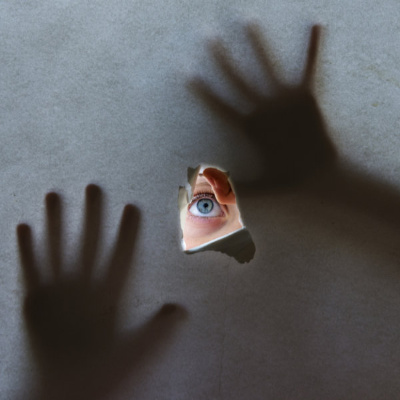Last year I read Roman Krzarnic’s book The Good Ancestor, it confirmed for me why I wrote Eat My Shadow. I want it to help reconnect people to the concept of being one people, not divided by time into generations of unknown others. They are not ‘the people in the past‘ masses of unknown people, they are our ancestors, the people of the future are no less than our children, and we are their ancestors.
Indigenous cultures are embedded in the honouring of both ancestors and descendants, their clear connection with the roles they play in their lives, thankfulness to their ancestors, whose actions enabled their own lives, with an eye to ensuring when they leave this world it is in as good, if not better, state is the basis of who they are. And what better meaning in life could there be? It’s our lost meaning, and we better bloody find it again, and in a hurry!
Krzarnics’s appeal to make our descendants real, so we might not overlook them is powerful. One of our cognitive disadvantages is our inability to know the people our lives are impacting. Fiction, he suggests, is a good way to do that.
Father gets stoned and thinks back to cultures he calls ‘primitive’ how they shared their grief, and he moves past his past condescending attitudes – he needs them now, he cannot live his grief alone.
In the following chapter, Finn is part of A Leaving, which is not unlike Father’s ruminations. Another finger pointing at the exit from this civilisation and the resumption of communities with closer ties to the priorities of past cultures.
It’s not that we don’t do community well, when there’s a disaster, we pull together. But between times we don’t rely on the broader community in a meaningful way. We rely on supermarkets for food, the bank for money, tradies when the plumbing fails, teachers, many of whom we barely know, are entrusted to teach our children, police, doctors, paramedics, the list goes on. We have ‘light’ connections with each other, and we exchange our skills for dollars, a transactional relationship, when once payment is made, is then complete.
A true community is one where everyone relies on everyone else, the trading of favours, the maintaining of relationships because we need each other, rather than remaining polite because no one really likes confrontation, and society expects it of us.
Then there’s Father’s ponderings on syncronicity, birds, dance…
But I need them now, their trilling tongues, the sound of pain released. But more than that, it’s the sound of pain shared. They walk together—as one. A husband, child, or loved one has been lost, and those who walk with the family surround them in towering columns of sound. I sink into it and realise, again, I am wrong. It is deeper still. Maybe one of them has taken the wound, yet as they walk, they share it. It is not less, not more—the same. They know how to be one with each other, an amalgamation of our disparate parts. These people know the glue holding them together and it’s not bought off a shelf.
The women crescendo, and I realise it’s not my solitude ramming me into a space too small, a room the size of my body. But its twin, the deprivation of my collective soul.
In Finn’s chapter the group at The Leaving walk to the Kabbalah Tree. He watches them form a line, and step forward and take a handful of petals to sprinkle over Eamon’s body, before weaving their way through the rest of the graves, in and out, touching each cross in turn. These people are weaving their way between present and past, binding the dead with the living and forming a pattern with their bodies.
When the procession around the tree and through the graves is complete, it feels like they have acknowledged not just the deaths of those who died before Eamon, but the shape of their pain. Finn realises Father had buried his mother on his own, and recognises what’s missing from their lives.
I think Father’s right. (clearly I do, I wrote him, but it felt, at times, like Finn and Father wrote their stories using my hands). The thing missing in our lives is our collective soul. This is not assuming being part of a tight community is going to be perfect, or without conflict, but we have negated the need for each other to such an unusual extent that we are missing a sense of greater connection, for so long we can’t recognise the loss and fill it with acquisitions.
It’s sadly ironic that we find each other through war, or natural disasters. When things get tough, we rally. Once they are dealt with we return to our boxes. I had the privilege, in my teens, of listening to a dying man. He was full of stories of WWII, of how alive he’d felt there, so connected. He told me of lying in a tent, dreaming of a scene where many of his friends died in a battle currently waging, to wake and hear the news that they had. He had a sense, he told me, that they were waiting for him now.
There are many studies, anecdotal and otherwise of the solidarity that arises from war. We’re seeing it now in Ukraine, people united in a single objective is a miraculous thing. It must be hard, and frightening, but the shared experience brings forth resilience and fortitude. They need each other desperately and it forges a relationship not just of necessity, but of true connection.
Changing how we ‘run’ the world (and boy we’ve whipped her into a fast trot) in order to save it, offers much the same sense of connection. If we were willing to take up the challenge. It would not be perfect, it would not be without struggle – but it would bring meaning to our lives and true rather than economic transactional connection lite.
‘How do you bury your people?’ he asks.
‘We don’t have people. It’s just Father and I.’
‘Ah yes, but what about your mother? Did she die?’
I nod, ‘She did, but I was young. I remember her dying. I don’t remember burying her. Father must have done that.’
Done it on his own. I had never felt so alone for Father. I could not go back to being alone again. Not after this. This was a kind of together I’d never known. I’d have to start back home tomorrow. I’d not seen much of Hobart, the buildings and the place, I don’t know those, but I know a little of the people. It was the right thing to do, to walk all this way. It was enough just to have been there for Eamon.
Taggart’s rave about how there were a surplus of dead bodies to begin with and the community had considered feeding them to their pets but worried doing so might result in dogs, pigs etc mistaking the living for food, snatching babies from bassinets etc. They decide not to and realise it’s a decision already reached in human history. What other useful knowledge had they lost? There’s always been a body of literature saying this, but it does seem as though there are more, and they are filtering into mainstream works. We’re doing this! Acknowledging we have obliterated cultures that lived in harmony with each other and their environment and instigated (and still do) foreign concepts of ownership and domination. What a fucked up bunch of monkeys we’ve been. But don’t need to continue being.
It prompts the Hobart Mob to consult anthropological texts and relearn and reshape their community. I think it’s interesting in a couple of ways, one, that with all our accumulated knowledge we’ve lost that which is intrinsic to survival. Like it or not, the machine of civilisation is grinding to a halt, and we can pick and choose who we are, how we live at any point in time. It’s our superpower, but one we’ve largely forgotten how to use. Instead we do our best to avoid change and adhere to traditionalism. This is how it’s always been, when capitalism is only a few hundred years old.
Our adaptation organ has shrivelled to learning how to use the latest technology and considering it the only real form of progress. Progress is another word for adaptation, adaptation is the tool all species use to best ensure survival. Technology has brought us to this impasse and more technology – is not going to get us back out. No, not true, appropriate technology will, but that’s a much-simplified version of life than we are currently living. We’ve pushed things too far.




